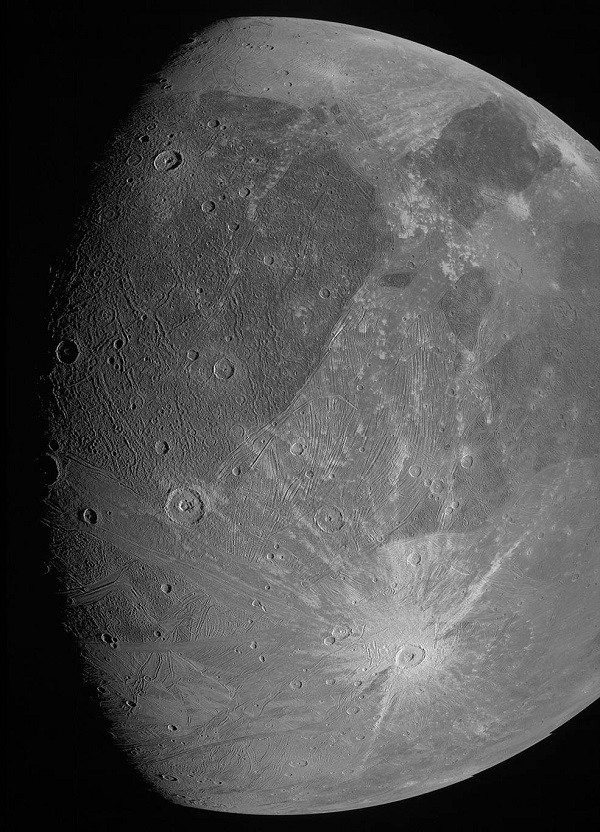Washington, (Asian independent) A team of scientists are preparing to study a wayward rocket stage that is poised to hit the moon on Friday.
The rocket stage is on track to slam into Hertzsprung Crater on the far side of the Moon on Friday at 7:25 a.m. EST (1225 GMT).
The Goldstone Solar System Radar near Barstow, California, is reportedly set to observe the object, Space.com reported.
Similarly, NASA’s Lunar Reconnaissance Orbiter (LRO) will look for changes in the Moon’s exosphere – a very thin layer of gases – due to the crash and then later scan the lunar surface for the impact crater itself.
The doomed space debris was first reported by Bill Gray, an astronomer running Project Pluto. In his blogpost, Gray first claimed that the debris is from billionaire Elon Musk owned SpaceX rocket.
But later Gray predicted that the object is a leftover piece of a Chinese rocket, specifically a Long March 3C that launched China’s Chang’e 5-T1 mission to the Moon.
But China’s Ministry of Foreign Affairs rejected the claim, Space News reported.
The March 4 crash will be broadly similar to impacts that occurred during NASA’s Apollo programme, when the third stages of huge Saturn V rockets were intentionally steered into the moon.
In both cases, the moon-smacking projectile is more or less a tin can, explained Jeffrey Plescia, a planetary scientist at the Johns Hopkins University’s Applied Physics Laboratory in Maryland.
“The result is that a lot of the energy goes into crushing the projectile rather than excavating the crater,” Plescia was quoted as saying to Inside Outer Space.
The Saturn V third stages created craters that are shallower than natural craters and sport an asymmetric shape, related for the most part to the low impact angle, Plescia added.
Plescia noted that crater depth and other characteristics of the impact event will be more reliably measured for the March 4 crash, as pre-impact images have already been taken by LRO’s powerful camera system.
“The only uncertainty at the moment is the orientation of the booster with respect to the trajectory. It is spinning, but whether it is just turning in rotisserie mode or tumbling is not clear,” Plescia said. “I would hope the Chinese actually know this and would be forthcoming.”








